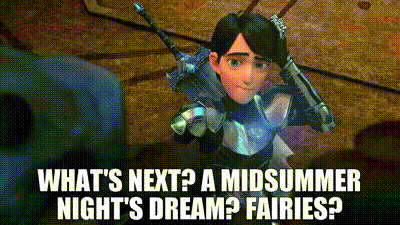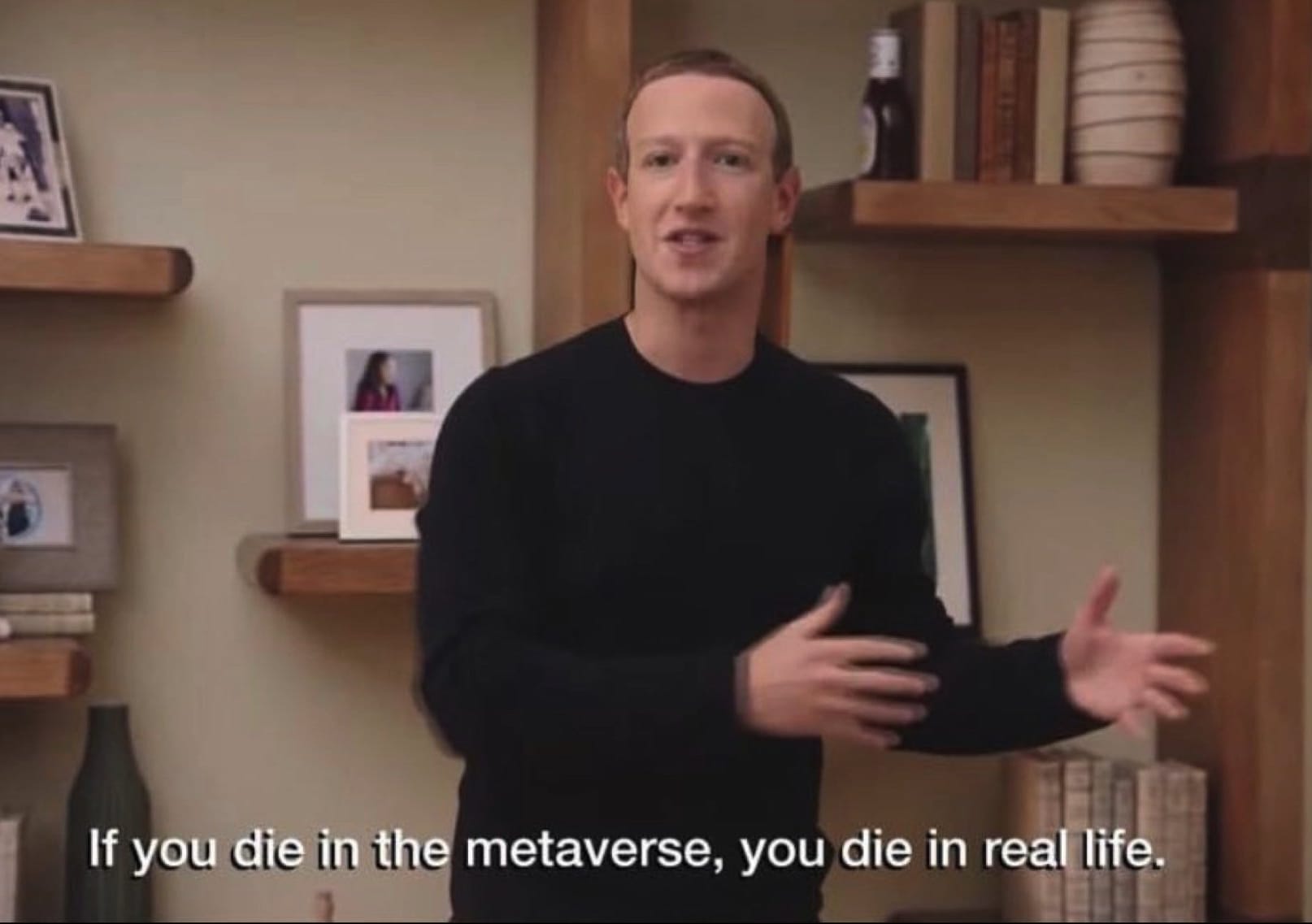Onchain: ZK Airdrop, Tap-to-Earn, and Crypto's first Emmy?

Story One
ZK Airdrop
Is this the start of ZK summer or just a Midsummer Night's Dream where we're all manipulated by the magic airdrop fairy? It remains to be seen, but with ZK Sync, the first real zkEVM protocol (their words), it is distributing its token to the masses. Announced last week, claims for the ZK token opened on the 17th.

An airdrop that makes everyone happy?
But don't be led astray to believe it was but a little free money. During the claim, you also have to delegate your votes, because, once again, nothing in life is free, and so you pay your ZK with responsibility.
The ZK token is a protocol token that holders can use to introduce and vote on upgrades and to pay network fees.
Yet, despite the generous 17.5% of the total supply allocated to the airdrop, people on Crypto Twitter weren't happy. The reason: ZK Sync had put in place measures to filter out users' farming with their sybil detection. Among other things, the team took a human-first approach, checking if wallets also showed any other activity associated with average crypto humans, such as holding NFTs and ape-ing into other coins.
Takeaway: Once again, the thesis that it's impossible to design an airdrop that doesn't turn a subset of crypto into raging Shakespeare villains minus the linguistic capabilities, has been proven correct.
Story Two
Tap-to-Earn
While I've embraced tradition adhering to "work-to-earn," the crypto industry pedaled through "to-earn" schemes faster than doped cyclists through the Alps during the Tour De France. After play-to-earn and move-to-earn, we've reached a new high of laziness: tap-to-earn.
The first to pioneer this tapping frenzy was Notcoin, a project on The Open Network (TON), the blockchain initially developed by Telegram. After the $NOT airdrop, it now boasts a humble nearly $2 billion market cap.
No wonder imitators have popped up left and right carrying names such as Hamster Kombat (from Hamster Racing to Kombat in just one cycle!) or TapSwap. And most creatively: Yescoin. Wen Maybecoin?
The games themselves aren't much more creative either in regards to the cognitive skills they require. You tap the screen; you get coins. Even Skinner's pigeons would roll their eyes at that. After all, they learned how to play ping pong.

Takeaway: While I'm certain tap-to-earn won't outlast this summer, it does show one thing: distribution is king. All of these projects deployed as bots in Telegram benefit greatly from the fact that millions of people already have the app on their phones. If only we could come up with more useful ways of spending our time than tapping screens. Maybe teach a pigeon to do it for you.
Story Three
First Emmy?
Crypto isn't known for its appeal to the media or the greater public, and you'd be forgiven for believing that this might be just another celebrity with a coin who's up for an Emmy.
But no. There's actually a crypto format that has been nominated in the Emmy's "Outstanding Emerging Media Program Category": Crypto The Game.
Crypto the Game is an online survival game that captured the eyes and minds of the crypto crowd for two seasons already. Anyone familiar with reality TV will instantly grasp the format: like squid game, but people don't die irl, just in the metaverse.

80 players, divided into 10 tribes, compete in different arcade games and other immunity challenges. The losing tribes vote members out. This repeats until there's just one player left. The winner takes it all, that is, the entry fee paid by each player to participate (0.1 ETH each).
The format proved highly successful, with thousands of people following the game on X and Farcaster. Since January, the team has run two seasons, and entry NFTs for the third sold out quickly.
Takeaway: Everyone loves a bit of survivor games, so it might just be the format we can break free from the usual crypto circle jerk. After all, people can't get enough of amusing themselves at the cost of others. In German, we have the perfect word for this: Schadenfreude. Schadenfreude sells.
Fact of the week: Shakespeare's dad might have had one of the best "to-earn" jobs for an Englishman. John Shakespeare held a position as an ale-taster, meaning he had to check the liquors and beers to ensure they were good for consumption by the masses. 🍻In other words, he got paid for getting wasted.
Naomi for CoinJar
UK residents: Don’t invest unless you’re prepared to lose all the money you invest. This is a high‑risk investment and you should not expect to be protected if something goes wrong. Take 2 minutes to learn more: www.coinjar.com/uk/risk-summary.
Cryptoassets traded on CoinJar UK Limited are largely unregulated in the UK, and you are unable to access the Financial Service Compensation Scheme or the Financial Ombudsman Service. We use third party banking, safekeeping and payment providers, and the failure of any of these providers could also lead to a loss of your assets. We recommend you obtain financial advice before making a decision to use your credit card to purchase cryptoassets or to invest in cryptoassets. Capital Gains Tax may be payable on profits.
CoinJar’s digital currency exchange services are operated in Australia by CoinJar Australia Pty Ltd ACN 648 570 807, a registered digital currency exchange provider with AUSTRAC; and in the United Kingdom by CoinJar UK Limited (company number 8905988), registered by the Financial Conduct Authority as a Cryptoasset Exchange Provider and Custodian Wallet Provider in the United Kingdom under the Money Laundering, Terrorist Financing and Transfer of Funds (Information on the Payer) Regulations 2017, as amended (Firm Reference No. 928767).

